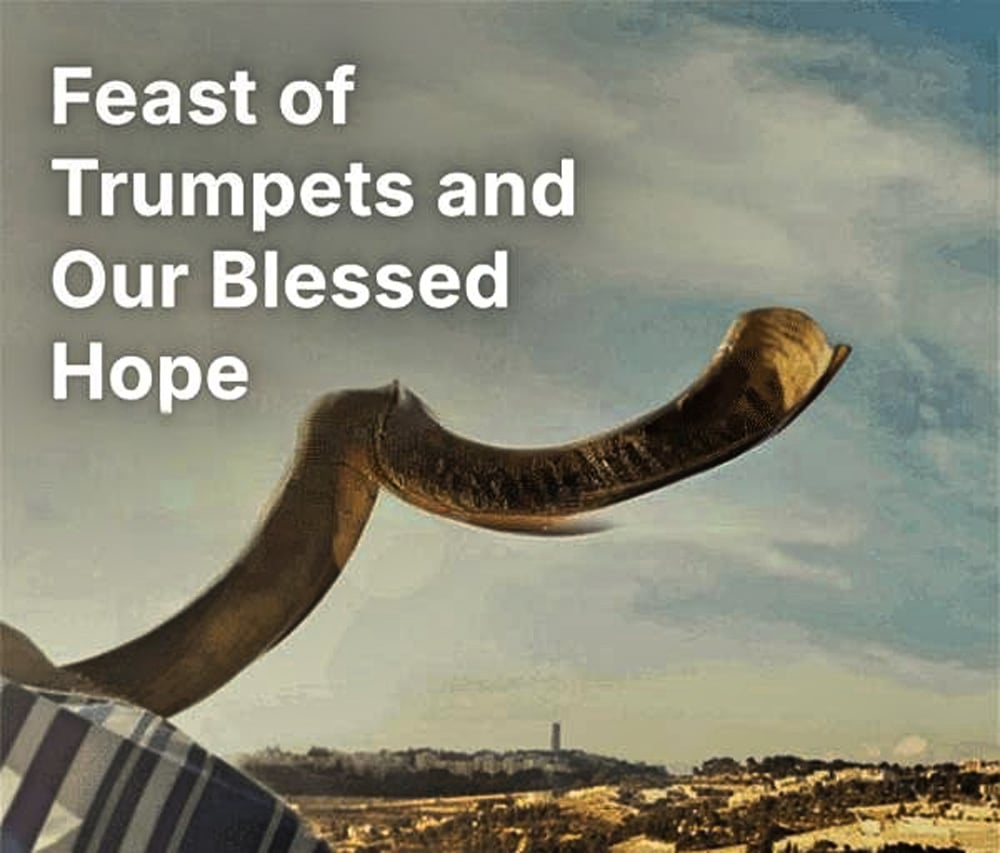
Christine Darg
One of my favorite quotes is from a letter sent from a Communist prison camp by the great apostle of China Watchmen Nee. Imprisoned for his faith, Nee could not write openly about his beliefs, but he did manage to write to a relative this message despite the turmoil of his circumstances: “I maintain my joy.”
-
Moses —Moses is a quintessential example of an intercessor who loved his people—the Israelites—so deeply that he was willing to risk his own life and bear immense emotional strain for their sake. In Exodus 32:31-32, after the Israelites sinned by worshiping the golden calf, Moses pleaded with God: “So Moses went back to the Lord and said, ‘Oh, what a great sin these people have committed! They have made themselves gods of gold. But now, please forgive their sin—but if not, then blot me out of the book you have written.’” His willingness to offer his own life and salvation reflects a depth of grief and love that pushed him to an extreme intercessory stance. While he didn’t physically die, the weight of his sorrow and desperation for Israel’s redemption was palpable, as he stood in the gap between God’s wrath and the people’s survival.
-
Jeremiah– (The Weeping Prophet) Jeremiah, often called the “weeping prophet,” exemplifies a man whose intercession for Judah was marked by intense grief. His prophetic ministry was characterized by mourning over the impending judgment on his people due to their idolatry and rebellion. In Jeremiah 9:1, he laments: “Oh, that my head were a spring of water and my eyes a fountain of tears! I would weep day and night for the slain of my people.” His ceaseless tears and emotional anguish reflect a love so profound that it consumed him, leaving him in a state of near despair as he interceded for Judah’s repentance. The physical and emotional toll of his ministry suggests he was brought to the edge by his sorrowful prayers.
-
The Apostle Paul –The Apostle Paul’s grief over the salvation of Israel is poignantly expressed in Romans 9:1-5, where he reveals the depth of his sorrow and his longing for his fellow Jews to know the Messiah. He wrote, “I am speaking the truth in Christ—I am not lying; my conscience bears me witness in the Holy Spirit—that I have great sorrow and unceasing anguish in my heart. For I could wish that I myself were accursed and cut off from Christ for the sake of my brothers, my kinsmen according to the flesh” (Romans 9:1-3, ESV). This passage showcases Paul’s intense emotional burden—his “great sorrow and unceasing anguish”—stemming from the fact that many of his fellow Israelites had not embraced Jesus as the Messiah. As a Jew himself, formerly a zealous Pharisee, Paul deeply identified with his people, whom he describes as blessed with “the adoption, the glory, the covenants, the giving of the law, the worship, and the promises” (Romans 9:4), yet he saw them missing the fulfillment of these in Messiah whose exact time had been prophesied in the Book of Daniel.This willingness to be “accursed and cut off from Christ” for their sake echoes the sacrificial heart of Moses, who similarly interceded for Israel. In Exodus 32, after the Israelites sinned by worshiping the golden calf, Moses pleaded with God to forgive them, saying, “Alas, this people has sinned a great sin. They have made for themselves gods of gold. But now, if you will forgive their sin—but if not, please blot me out of your book that you have written” (Exodus 32:31-32, ESV). Both Paul and Moses demonstrate a profound love for their people, offering themselves as substitutes to avert divine judgment. For Moses, it was a plea to spare Israel from immediate destruction; for Paul, it was a hypothetical wish to be separated from Christ if it could mean salvation for his kin—a striking statement given his unwavering devotion to Jesus.Paul’s grief was not just personal but theological, as he wrestled with God’s plan for Israel in Romans 9-11. Like Moses, who stood as a mediator between God and a rebellious nation, Paul positioned himself as one who yearned to bridge the gap between Israel and God’s redemptive purpose. His anguish reflects a shepherd’s heart, akin to Moses’ leadership, willing to bear the ultimate cost for the sake of those he loved. While Moses’ offer was a direct intercession in a moment of crisis, Paul’s expression is more rhetorical, underscoring his emotional solidarity and missionary zeal for Israel’s salvation. Both figures embody a selfless, almost parental devotion, placing the spiritual welfare of their people above their own lives.
-
David Brainerd (Called by God to Native Americans)– David Brainerd (1718–1747), an American missionary to the Native Americans, is another historical figure whose intercession was marked by intense love and grief. Brainerd’s diaries reveal his deep burden for the salvation of the indigenous peoples. He often spent hours in fervent prayer, weeping for their souls, despite his own frail health. In one entry, he wrote: “I wrestled for the ingathering of souls… I was in such an agony, from sun half-an-hour high till near dark, that I was all over wet with sweat… I hardly cared whether I lived or died.” His physical condition deteriorated partly due to the intensity of his intercessory prayers, and he died at age 29, likely exacerbated by the emotional and physical strain of his love-driven mission.
-
John Hyde (Praying Hyde of India) –John Hyde (1865–1912), a missionary to India, earned the nickname “Praying Hyde” for his extraordinary intercessory prayers for the Indian people. His love for India’s unreached souls led him to spend entire nights in prayer, often crying out to God with such intensity that it took a severe toll on his health. Witnesses described him groaning and weeping as he pleaded for revival. At the 1904 Sialkot Convention, Hyde’s prayers grew so fervent that he reportedly prayed for hours daily, asking God for “one soul a day,” then “two souls,” and eventually “four souls a day” and so forth. His heart condition worsened under the strain, and he died in 1912, with many attributing his early death to the physical and emotional exhaustion from intercession.
-
Rees Howells (Welsh Intercessor) –Rees Howells (1879–1950), a Welsh intercessor and founder of the Bible College of Wales, demonstrated profound love for nations through his prayers, particularly during World War II. Howells and his team interceded tirelessly for Britain, the Jewish people and the world, believing their prayers could influence the war’s outcome. He often described entering into “the sufferings of Christ” during these sessions, weeping and fasting to the point of physical collapse. His biographer, Norman Grubb, noted instances where Howells was so consumed by grief for humanity—especially for the Jews and the nations under Nazi threat—that he appeared to be on the verge of breaking under the burden.
-
The Lord Jesus– Of course I must mention the Lord’s intense love of souls to the point that He sweat blood in Gethsemane and gave of his life’s blood on the Cross as the Lamb of God to redeem mankind. He wept over Jerusalem with intense grief because they knew not the time of their visitation as foretold by the prophet Daniel. He expected his people to know the Scriptures but they were hidden from the eyes of the people at that time. Now seated at the right hand of the Almighty, Jesus has been interceding for souls for the past 2,000 years. He will return to earth soon to fulfill the remaining messianic scriptures concerning the Davidic kingdom. I have written about this in my latest book,
(Acts 1: 6)
To contact Christine Darg, visit the contact page of her website







Sister Christine,
I am praying for you, that God will bring your grieving, broken heart some refreshment and relief! I was suddenly called as an intercession throughout 2024 and truly, it was the hardest thing I ever lived through. I never want to experience that kind of suffering again, and yes, the physical toll was also alarming. I have tasted a bit of what you are going through. I love you in Yeshua, Annabelle